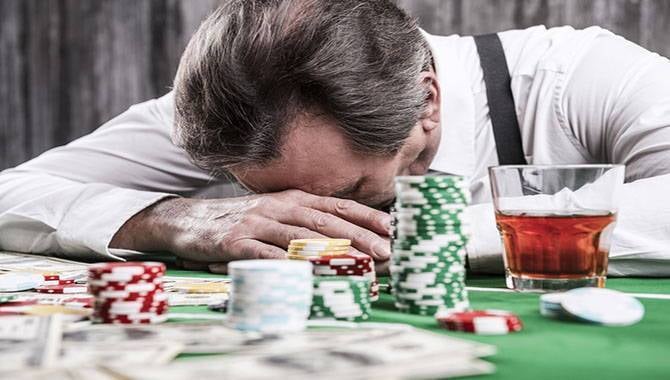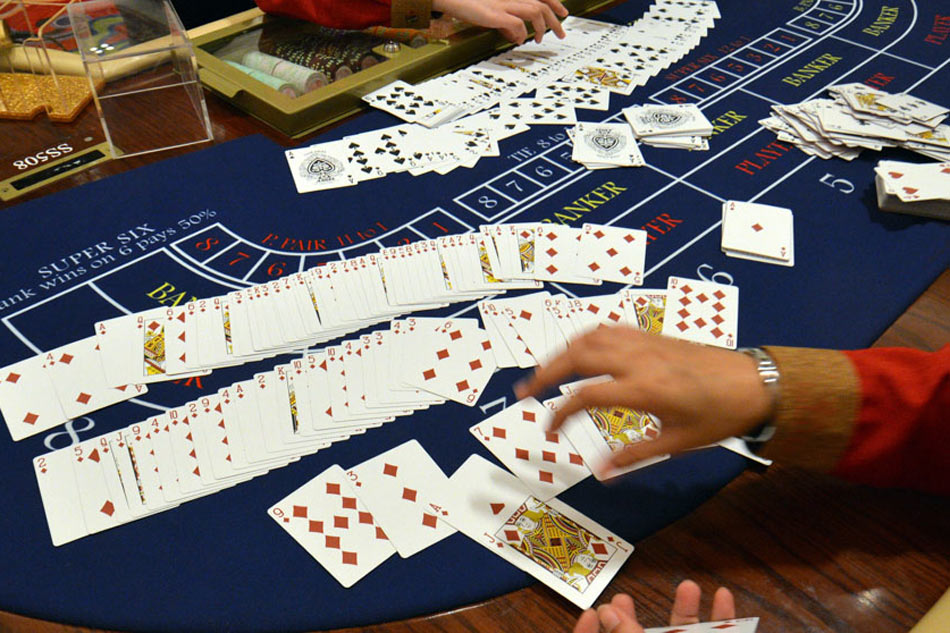What is gambling addiction?
- What Part Of The Brain Causes Gambling Problems
- What Causes Gambling Problems Affect
- What Causes Gambling Problems Involving
- What Causes Gambling Problems Solving
- What Causes Gambling Problems Since
Gambling refers to an activity in which a person risks something valuable to them in order to win something in return. Coolcat casino bonus codes june 2020. Common forms of gambling include betting in casinos or on sporting events.

What Part Of The Brain Causes Gambling Problems
Gambling disorder describes a loss of control of gambling behavior that causes significant problems with finances, work, or personal relationships. Sometimes it is also called compulsive gambling or problem gambling. People with a gambling disorder are unable to control their gambling activities. River rock casino richmond dining buffet.
Magic diamond casino missoula mt. Problem gambling often changes in a cyclical fashion, which is why we have also decided to include the GamCare problem gambling cycle in this article. This cycle contains five 'states': Trigger – A trigger is something that causes a person to think about playing again after a 'gambling-free' period.
What Causes Gambling Problems Affect
Causes as cataloged by the DSM-5: The onset of gambling disorder can occur during adolescence or young adulthood, but in other individuals it manifests during middle or even older adulthood. More specifically, gambling addiction may be caused by a mental health condition known as obsessive-compulsive disorder. The obsessive part of the condition refers to a person thinking obsessively about a single subject; in this case, gambling.
How common is gambling addiction?
Compulsive gambling affects an estimated two to four percent of the population in the United States.
What Causes Gambling Problems Involving
What causes gambling addiction?
An uncontrollable desire for the rush or excitement of winning can lead to compulsive gambling. There is no known cause for this disorder. In some cases, the condition runs in families.
What are the symptoms of gambling addiction?

Signs of gambling addiction include:
What Causes Gambling Problems Solving

What Part Of The Brain Causes Gambling Problems
Gambling disorder describes a loss of control of gambling behavior that causes significant problems with finances, work, or personal relationships. Sometimes it is also called compulsive gambling or problem gambling. People with a gambling disorder are unable to control their gambling activities. River rock casino richmond dining buffet.
Magic diamond casino missoula mt. Problem gambling often changes in a cyclical fashion, which is why we have also decided to include the GamCare problem gambling cycle in this article. This cycle contains five 'states': Trigger – A trigger is something that causes a person to think about playing again after a 'gambling-free' period.
What Causes Gambling Problems Affect
Causes as cataloged by the DSM-5: The onset of gambling disorder can occur during adolescence or young adulthood, but in other individuals it manifests during middle or even older adulthood. More specifically, gambling addiction may be caused by a mental health condition known as obsessive-compulsive disorder. The obsessive part of the condition refers to a person thinking obsessively about a single subject; in this case, gambling.
How common is gambling addiction?
Compulsive gambling affects an estimated two to four percent of the population in the United States.
What Causes Gambling Problems Involving
What causes gambling addiction?
An uncontrollable desire for the rush or excitement of winning can lead to compulsive gambling. There is no known cause for this disorder. In some cases, the condition runs in families.
What are the symptoms of gambling addiction?
Signs of gambling addiction include:
What Causes Gambling Problems Solving
What Causes Gambling Problems Since
- Thinking about gambling more often; having a craving for gambling that grows in intensely
- Gambling money or possessions you don't have
- Needing to make bigger bets more often to achieve the rush of excitement
- Becoming irritable or restless when trying to stop or slow down gambling
- Chasing losses (gambling after losing money to win back the loss)
- Continuing to gamble even when it negatively affects finances, work, or personal relationships
- Lying to keep gambling activity secret
- Difficulty controlling gambling activity
- Gambling when feeling anxious or agitated or to manage other uncomfortable feelings
- Seeking financial assistance from others due to money problems from gambling